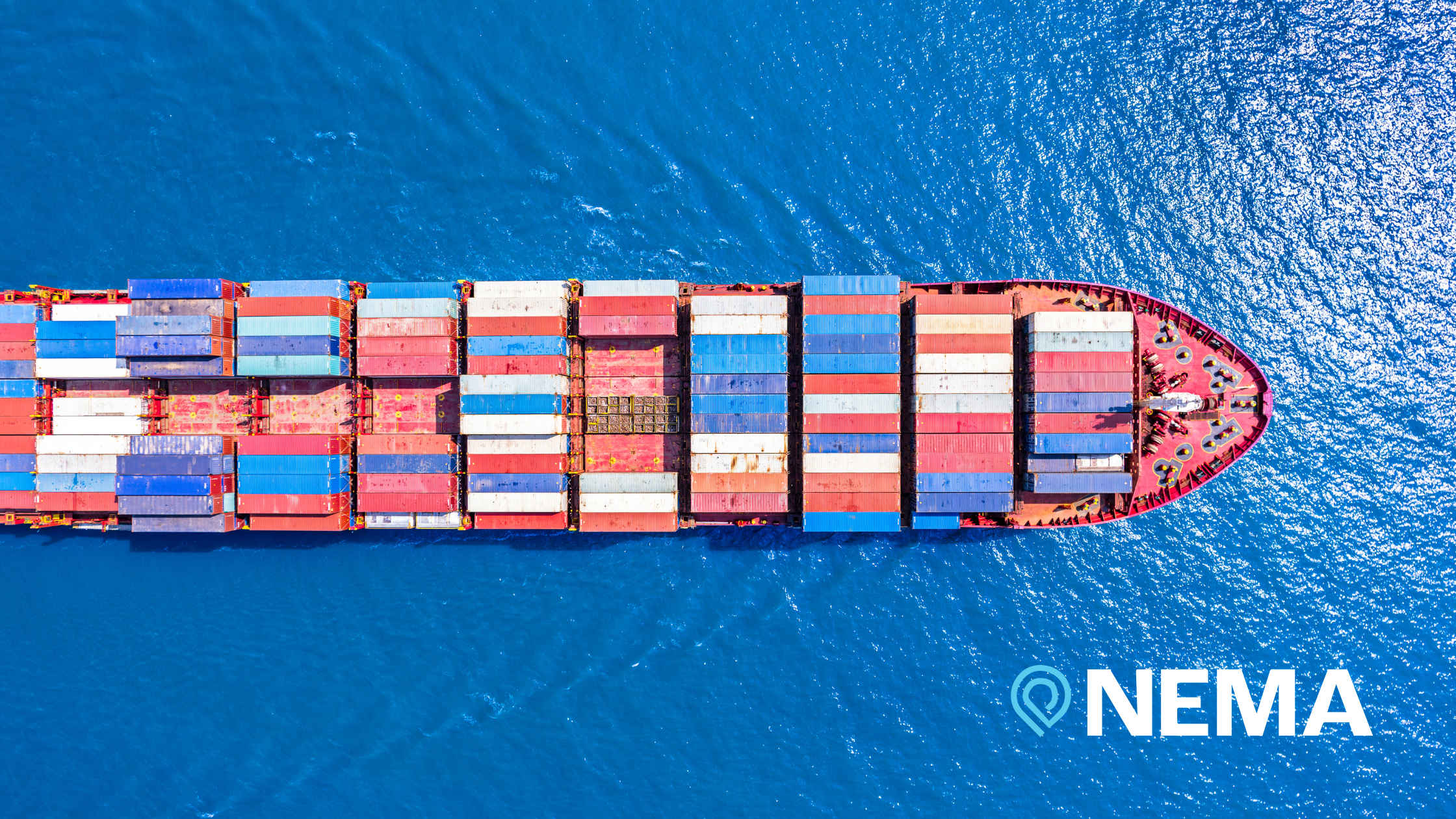
President-elect Trump who takes office this month has promised to impose steep new taxes,
also known as tariffs, on trade. These include a 10-20% tariff on all imports, with at least a 60%
tariff on Chinese imports and a 25-100% tariff on Mexican imports.
If these proposed tariffs are implemented, small and medium-sized businesses (SMBs) that rely
on importing goods could face a range of challenges impacting their bottom line.
Increased Costs: Since tariffs are essentially taxes on imports, the goods that your business
imports from other countries would likely become more expensive. This would directly raise the
cost of materials, products, or components you need to run your business. Additionally, there is
a chance the tariffs could disrupt the supply chain for both finished products and raw materials,
which could further increase the cost of goods for your business.
Profit Margin Pressure: The increased cost of goods will negatively impact profit margins. This
will affect all businesses, with SMBs experiencing a more significant impact in absorbing these
additional costs. One way to increase profits will be to pass the increased costs that account for
tariffs onto customers, however, this can be risky if customers are very price-sensitive.
Uncertainty and Risk: Tariffs bring a degree of unpredictability to the financial world and
marketplace. The threat of future tariff increases or trade wars can make it harder for small- and
medium-sized businesses to plan long-term. This uncertainty might discourage investment,
innovation, or expansion, particularly in industries with complex global supply chains. It may
make sourcing from current countries or vendors too expensive or unreliable. Concentrating on
smart logistics solutions can help you feel more confident in a changing market.
Impact on Consumer Behavior: Higher prices may decrease demand for certain products or
limit their spending on unnecessary purchases. This could, of course, lead to a decline in profits
if there are fewer goods being sold.
Strategies to mitigate lost revenue from tariffs
To manage the effects of tariffs, you might want to consider sourcing goods from different
countries or domestic suppliers. This can help reduce reliance on goods that may be subject to
tariffs. You should also explore other ways to cut costs, such as streamlining logistics to create
efficiencies and save resources. Analyze your pricing strategy to determine which products can
absorb higher costs and which can be raised in price without losing customers, whether
business-to-business or direct-to-consumer.
You should also consider enlisting the use of a Foreign-Trade Zone (FTZ), which can help your
business navigate tariffs by providing a way to defer, reduce, or even eliminate certain duties on
imported goods. As the only third-party FTZ warehouse in Gwinnett County, we can help you
understand the implications of new tariffs for your company, including how to delay tariff
payments until the goods are actually sold or processed, which can be crucial for your
company’s cash flow.
While Trump’s proposed tariffs could create challenges for small and medium businesses that
import goods, there are ways to plan ahead and adjust to changing market conditions. Our
experienced logistics team can provide solutions and strategies to minimize the impact of
tariffs on your operations. If you are interested in how our FTZ can help your business
navigate tariffs, contact us today.



